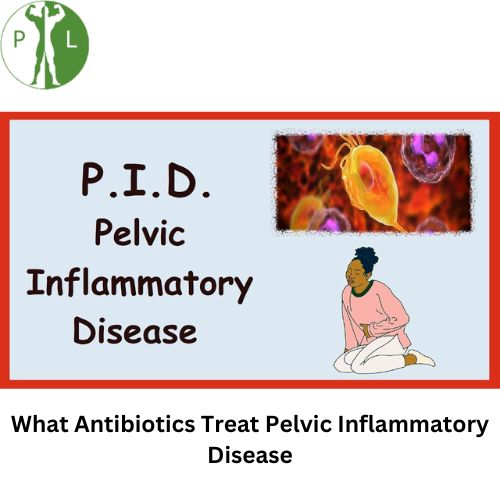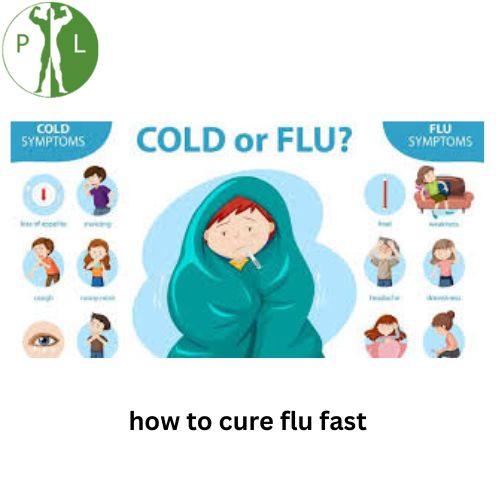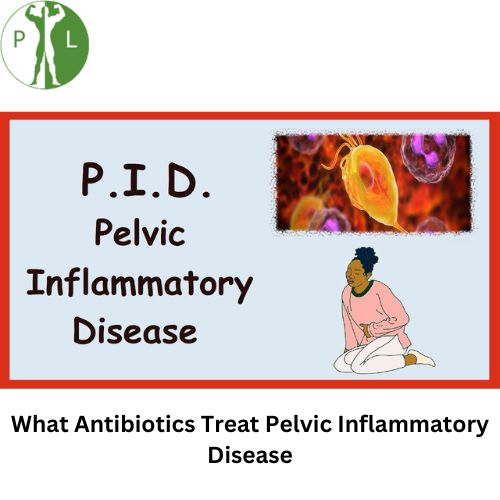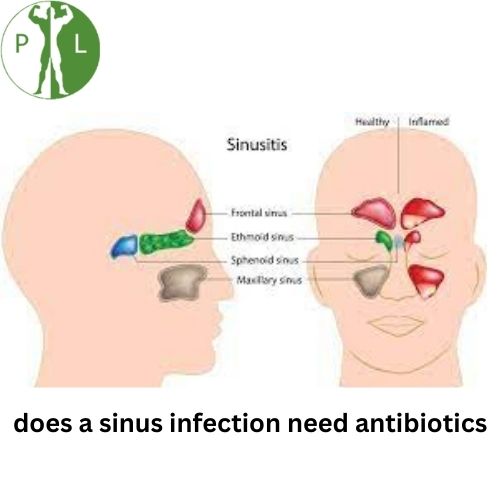Pelvic Inflammatory Disease (PID) is a serious condition affecting the female reproductive system, often caused by untreated or undertreated sexually transmitted infections (STIs) like chlamydia and gonorrhea. Timely intervention is crucial to prevent complications such as infertility and chronic pelvic pain. In this article, we will delve into the world of antibiotics and explore which ones are effective in treating Pelvic Inflammatory Disease.
Understanding Pelvic Inflammatory Disease:
Pelvic Inflammatory Disease is characterized by the inflammation of the female reproductive organs, including the uterus, fallopian tubes, and ovaries. Left untreated, PID can lead to scarring and damage to these vital structures, resulting in long-term health issues. Antibiotics play a pivotal role in treating PID by targeting and eliminating the bacterial infections responsible for the condition.
Read More: https://bit.ly/3Hznkjg
Dealing with the flu can be debilitating and uncomfortable, but there are several strategies you can employ to facilitate a speedy recovery:
Rest: Allow your body ample time to rest and recuperate. Avoid exerting yourself and prioritize sleep to help your immune system fight off the virus.
Stay Hydrated: Drink plenty of fluids, such as water, herbal teas, and electrolyte-rich drinks, to stay hydrated and help loosen congestion.
Read More: https://bit.ly/4bCBttX
Maintaining alertness on the road is crucial for safe driving, especially during long journeys. Follow these tips to stay awake and focused behind the wheel:
Adequate Rest: Ensure you get enough sleep before embarking on a long drive. Fatigue is a major contributor to drowsy driving.
Take Breaks: Schedule regular breaks during your journey. Step out of the vehicle, stretch, and take a short walk to invigorate your body and mind.
Read More: https://rb.gy/qnoecv
Pelvic Inflammatory Disease (PID) is a serious infection affecting the female reproductive organs and demands prompt and effective treatment. Antibiotics play a crucial role in managing PID by targeting and eliminating the infectious agents. Commonly prescribed antibiotics for treating Pelvic Inflammatory Disease include doxycycline and ceftriaxone, often used in combination to ensure comprehensive coverage against the bacteria responsible.
Read More: https://rb.gy/jdy09l
Sinus infections, medically known as sinusitis, often prompt the question: does a sinus infection need antibiotics? The decision-making process regarding antibiotic use for sinus infections is nuanced and requires careful consideration. Sinusitis can be caused by viruses, bacteria, or even fungi, and the appropriate treatment depends on the underlying cause.
Most sinus infections are viral in origin and, in such cases, antibiotics are not effective. Viral sinusitis typically resolves on its own with supportive care, such as rest, hydration, and over-the-counter symptom relief. However, bacterial sinus infections may benefit from antibiotic therapy. Determining whether bacteria are the culprits requires a thorough examination by a healthcare professional.
Read More: https://shorturl.at/xzFI0






